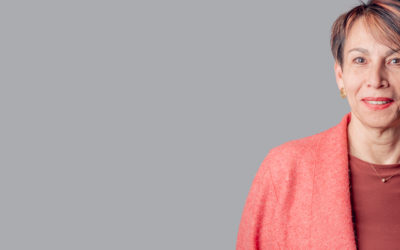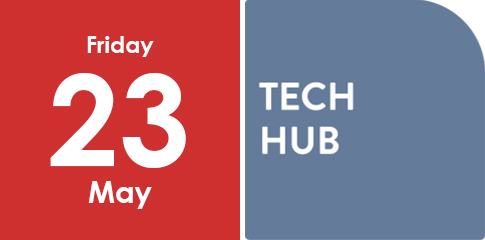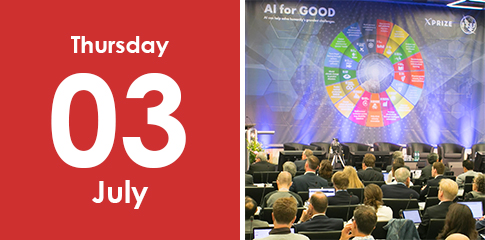Swift and bold response
In the Covid-19 crisis and the global response to the pandemic, inequalities between social classes as well as racial inequities have been exacerbated. Besides governmental and corporate actors, philanthropy has responded vigorously to the immediate needs both with funds and by giving space:
- Funds: So far, USD 11.4 billion were pledged to combat the pandemic, and this in a concentrated way: 821 donors give to as few as 5,310 recipients according to Candid. Numerous emergency funds were set-up. Here in Geneva WHO’s COVID-19 Solidarity Response Fund raised USD 224 million by June 26th.
- Space for action: There are 769 signatories for the pledge to loosen restrictions on current grants, to listen, and engage with grantees. In Switzerland, SwissFoundations invited all grant-making foundations to act in a non-bureaucratic way, responding rapidly and with flexibility to the needs of the grantees. The same took place at European level, where philanthropy associations ask to adapt activities, revisit deadlines, offer financial flexibility and listen to their grantees and partners.
Window of opportunity to trust
Now that the Covid-19 spread is slowing down in Europe and North America, core elements of the emergency response by the philanthropic sector should indeed be kept for the longer term in the new normal. The steep learning curve from the last three months created a unique window of opportunity to capitalize on recent insights and transform the way foundations donate and interact with their grantees. The way to go for funders and grant-making foundations in particular is to improve trust and thus empower partners, in four dimensions:
When managing foundations:
- Keep as much as possible lean and agile ways of making grants: reduce the burden, streamline procedures. e.g. create common application and evaluation forms in peer groups of funders, in geographies, or per thematic area
- Speed up decision-making whenever possible, especially when the field is moving fast
When interacting with the field:
- Maintain an enhanced listening: not only of the needs, also of the local expertise
- Identify and empower champions that emerge from social movements during the crisis
- Widen the pool of funded communities and extend it to forgotten minorities
- In a nutshell: Upgrade grantees to partners to benefit from an improved relationship and to better balance power
When defining the nature and value of giving:
- Expand the nature of funding: provide less restricted funds, leave more freedom of action. Consider covering for salaries since it is the people who make social change happen. As Vu Lee stated in his humorous but nonetheless serious blogpost: “Yet funders and donors continue to harbor disdain for paying for staff salaries and wages, so they fund the stuff around it. It’s like wanting to build a house and paying for everything except construction workers.”
- Boost and sustain a higher level of giving, even if it might tackle the sacrosanct endowment and thus question the perpetuity of some foundations
- Give beyond the check: act as sparring partner, share technical expertise, open doors and inform about collaboration, project or funding opportunities
When working with others:
- Strive systematically for increased cross-sector collaboration and collective action
Most of these elements of letting go traditional patterns can be summarized under “trust-based philanthropy”, where the transactional mode “I give you money to achieve impact” is replaced by “I am at your side to help you achieve your goals”. The stunning difference in mindset is illustrated by Amber Twitchell in her recent blogpost a “Tale of two funders”.
But what is trust again? A fascinating concept which typically only gets addressed once it is gone, perfectly illustrated by the vote of confidence in parliament. Trust is a range of implicit positive expectations shared by the partners, based on the mutual confidence that neither party will take advantage of the other’s vulnerability.
So, does trust imply lack of information, which might drift to blind trust, or even “blind funding”? It shouldn’t, since communication between funder and partner is meant to be sustained and its quality further improved.
Trust needs a defined framework, clear rules, transparent decision-making, sufficient space for action and – yes, some control. By blurring the barriers between funders and recipients, it rebalances the power game. It is time for philanthropy to trust, in order to advance social progress.
Further readings:
- How foundations can make progress on the long-term social change amid the COVID-19 Crisis (Rishi Agarval in SSIR Serie ‘Rethinking social change in the face of the Coronavirus’)
- “A transformative moment for philanthropy” (McKinsey&Company)
- The Trust-Based Philanthropy Project
CLAUDIA GENIER
Consultant and philanthropy advisor
claudia.genier@bluewin.ch









0 Comments